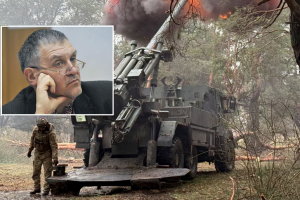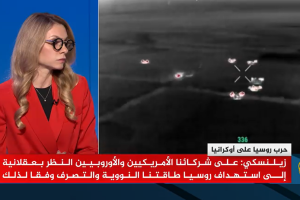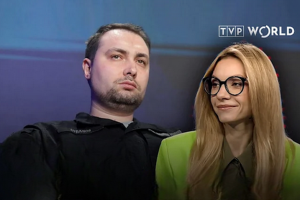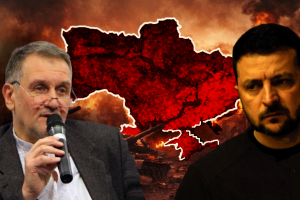“Onyshchenko recordings”: what is the fugitive deputy trying to achieve and what might be the possible consequences of his sensational exposures?
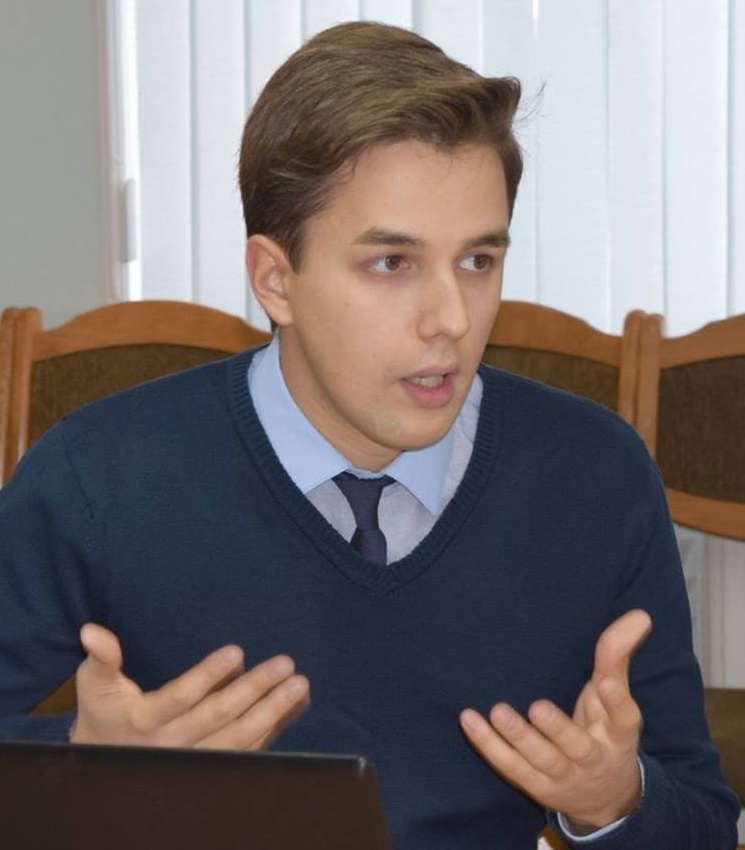 Ruslan Kermach, political analyst at DIF
Ruslan Kermach, political analyst at DIF
Over the last weeks, Ukrainian MP Oleksandr Onyshchenko, who today is hiding abroad from criminal investigation into accusations against him for the laundering of money through the “gas sсhemes” in Ukraine, made a number of extremely sensational statements both in the Ukrainian and the foreign mass media. Among other things the fugitive deputy accused the top official in Ukraine of systemic bribery of people’s deputies of the Verkhovna Rada with the aim of ensuring beneficial for the Presidential Administration voting results in the parliament of Ukraine. In particular, in his statements Onyshchenko alluded to his direct complicity in organizing the bribery of MPs in voting for the dismissal of the former Ukrainian Prime Minister Arseniy Yatsenyuk and ex-head of the Security Service of Ukraine (SSU) Valentyn Nalyvaichenko, as well as for the appointment of Viktor Shokin and later Yuriy Lutsenko to the post of Prosecutor General of Ukraine. According to certain of the aforementioned statements about the bribery of deputies of the Ukrainian parliament, the National Anti-Corruption Bureau of Ukraine (NABU) has already launched pre-trial investigations into this matter.
Noteworthy is that unlike earlier repeatedly voiced statements about corruption in the Ukrainian parliament, Onyshchenko was actually the first deputy to point out directly to his own complicity in the process as an intermediary-communicator in the divvying up of bribes among MPs of the Verkhovna Rada, which gives his statements certain signs of plausibility. Moreover, the fugitive deputy directly alluded to concrete details of the bribery process and even the “price tags” of those or other votes and expressed his readiness to confirm his scandalous statements with facts that are allegedly present on his recordings of conversations with President Petro Poroshenko and the top officials in the president’s closest inner circle. Truthfully, today Onyshchenko has made public the only recording of his conversation with Oles Dovhyi, a colleague of his in the “Will of the people” deputy group of the parliament, which is clearly still not sufficient confirmation of his serious statements regarding corruption at the highest levels of power in Ukraine.
By assessing the current behavior of fugitive deputy Oleksandr Onyshchenko it can be argued that from a position of defense and attempts to amicably reach an agreement on avoiding persecution with the authorities in Ukraine (about which among other things his conversations with deputy Dovhyi are testimony to) the latter shifted to an open offensive against the top officials in the country. However, it cannot be ruled out that by significantly raising the stakes in this intricate game Onyshchenko will try to recoup and from already reinforced positions attempt to reach an agreement with those representatives of the Ukrainian leadership whose reputations could sustain irreparable damages as a consequence of this scandalous exposure. The fact that the fugitive deputy is in no hurry to make public the apparently most serious and sensational recordings of his conversations with the president that he allegedly possesses suggests the high plausibility of such a version. In this way, Onyshchenko seems to leave himself some space for maneuvering and cutting deals with the top authorities in Ukraine. Though the fact that the incriminatory recordings, according to Onyshchenko’s words, were seemingly conveyed to representatives of American special services is a counterweight to this version. Clearly, in this case the possibility for representatives of the Ukrainian authorities to prevent pernicious consequences for themselves is considerably limited. And the saga of the incriminatory recordings itself could have an unforeseeable scenario of its further development.
It is most probable that the task that deputy Onyshchenko and his lawyers face today in the context of his resonant and thus far insufficiently confirmed statements regarding corruption of the Ukrainian powers at the highest level is first and foremost to give his criminal case a pronounced political coloring. Should such a strategy be successful the deputy will have the possibility of appeal by arguing that his extradition to Ukraine for his incrimination is purely political persecution, not criminal proceedings for the economic crimes he allegedly committed. In this way Onyshchenko will have a brilliant possibility to fortify himself in London for a long time thanks to having the status of an individual involved in a political case and on these grounds will avoid extradition to Ukraine, which Ukrainian law enforcement bodies will most likely attempt to achieve in the foreseeable future.
At the same time the story of the scandalous statements of people’s deputy Oleksandr Onyshchenko targeted at President Poroshenko and his milieu in the event that he can confirm them by facts (the corresponding recordings) could potentially provoke a routine political scandal in Ukraine comparable in its scale to the “infamous cassette scandal” in the times of the presidency of Leonid Kuchma. Moreover, the representatives of the opposition political forces, first and foremost the “Batkivshchyna” party, will most likely try to exploit this latest scandal with the Onyshchenko recordings in their own political ends by motivating Ukrainians to hit the streets in mass protest and demand re-elections to the Verkhovna Rada right up to the impeachment of the President of Ukraine.





